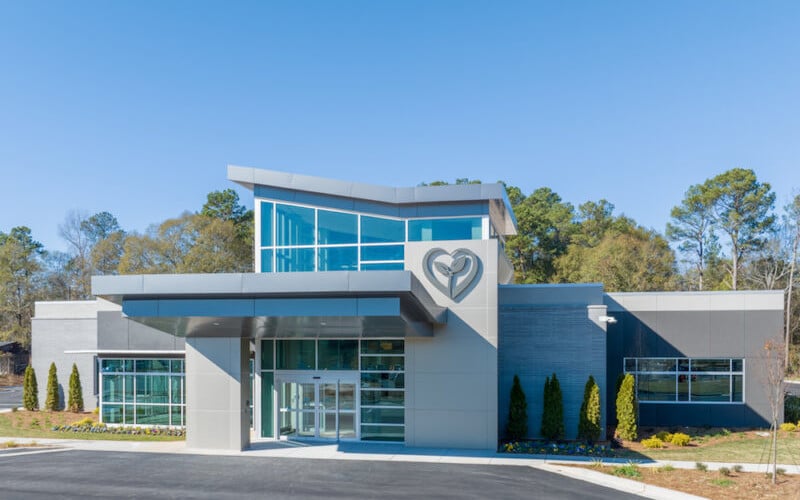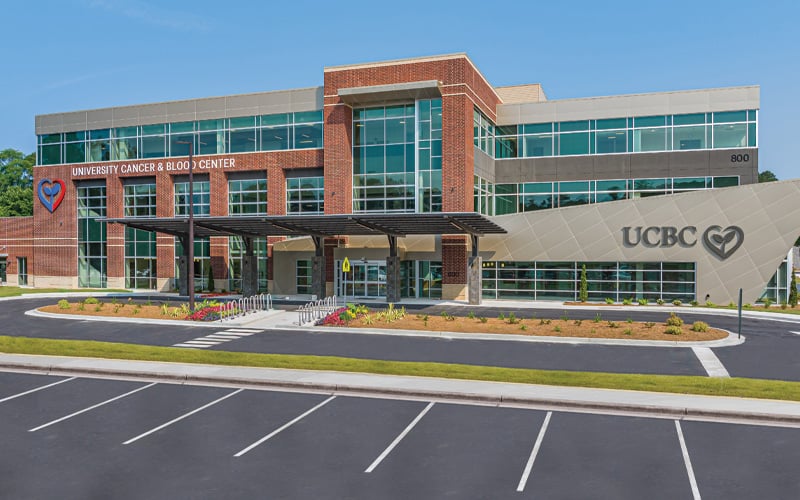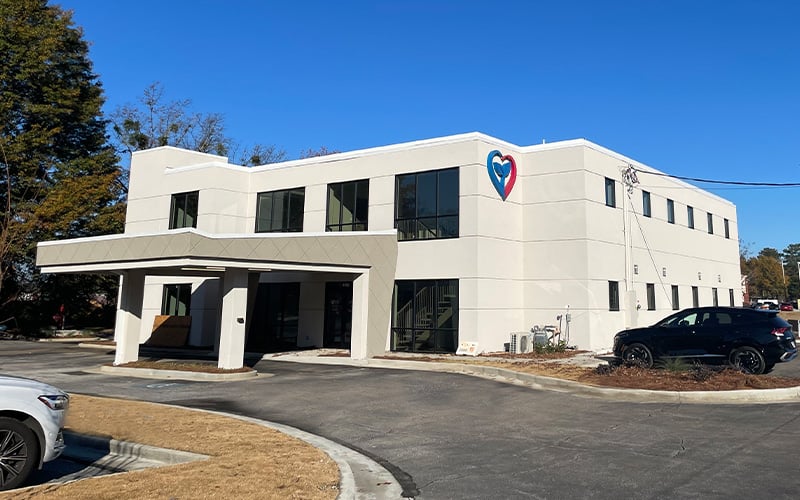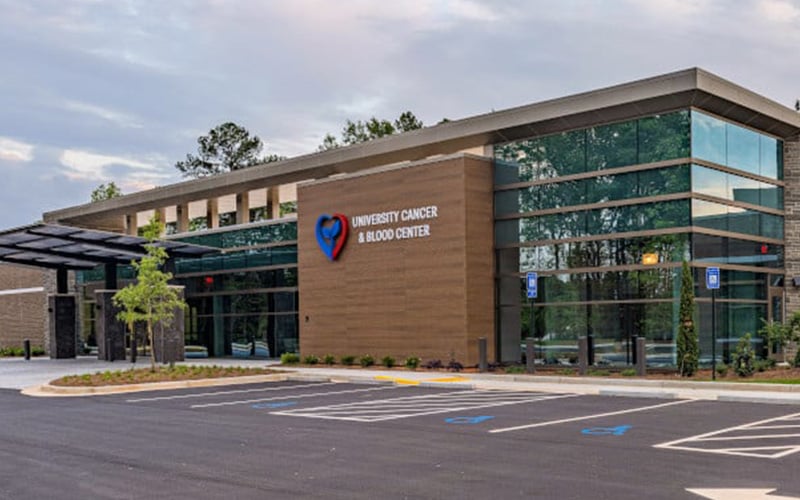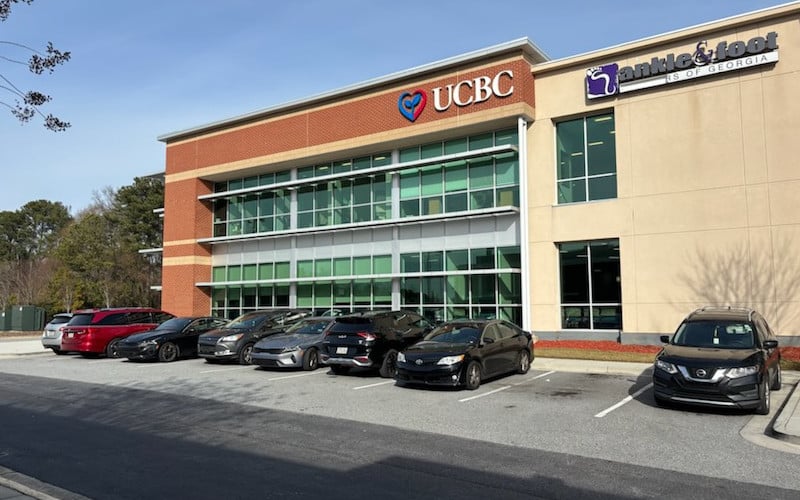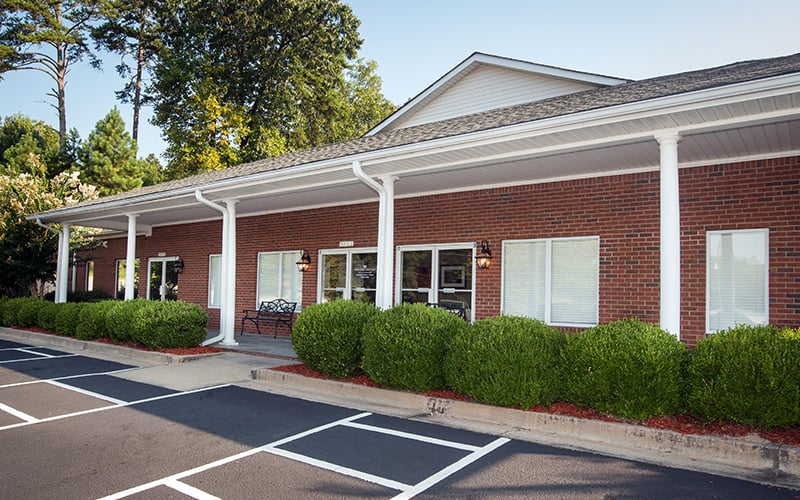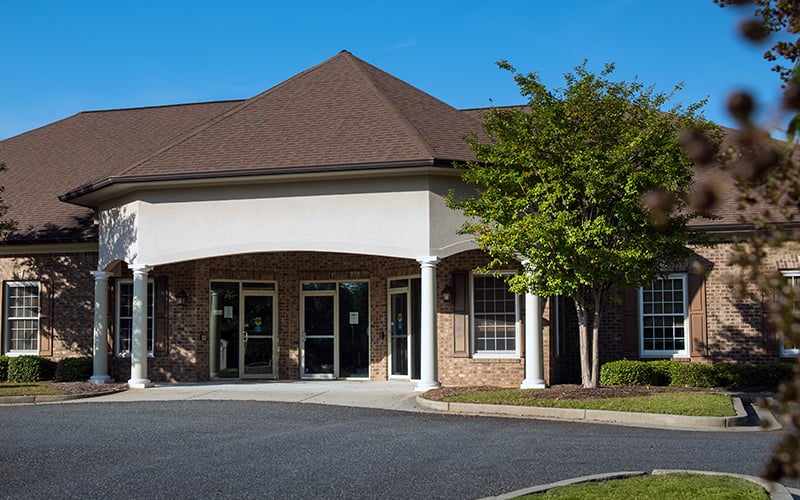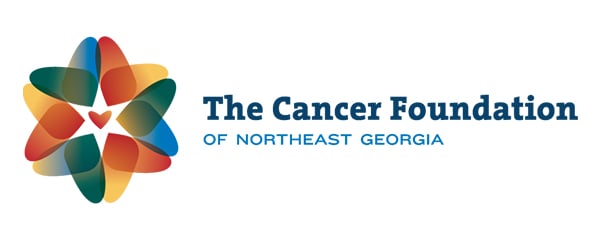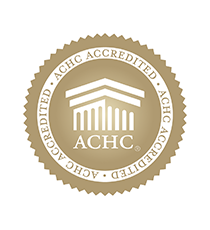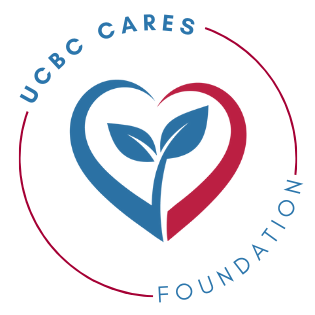Surviving cancer is a feat worth celebrating. One way to do so is by maintaining your wellness with a strong defense against other illnesses. While vaccinations are important for everyone, they’re essential for cancer survivors. As you prepare for a conversation with your primary care provider regarding lifelong wellness and the best vaccination schedule for you, here are some points to consider.
How Does Cancer Affect Your Immunity?
Both the disease of cancer and the treatments you receive to defeat it can weaken your immune system. Chemotherapy, in particular, can damage healthy immune cells as it works to fight off cancer cells. As a result, you may be more vulnerable to other infections. Cancer, too, can interfere with the way your immune system works by damaging tissue that helps to fight infection or impeding the production of white blood cells in your bone marrow.
While it was once believed that immune system impairment during treatment before normal immunity was restored lasted only a month or so after finishing chemotherapy, within the last decade we’ve learned that the immune system changes can be long-lasting. Effects on your immune system can vary by the type of cancer and chemotherapy used, but in general, it’s safest to assume your immune system has been affected — and to take extra steps to strengthen it.
Which Immunizations Should You Have?
Flu Shot
The CDC recommends flu shots for everyone over the age of six months, including cancer survivors. People who have had certain types of cancer, such as lymphoma, have a higher risk of developing flu-related complications. You’ll need a new vaccine each year (ideally before flu season starts in October), as the formula is updated to fight the latest strains of the virus.
Pneumococcal Shot
Anyone with a compromised immune system may be at a greater risk for pneumococcal pneumonia. This bacterial respiratory infection can have severe symptoms like difficulty breathing and high fever. Depending on the type of cancer and treatment you’ve had, along with other factors such as your age and any other health risks, your doctor may recommend the pneumococcal vaccine.
Tdap
Tdap is a vaccine that protects you against three types of infections: tetanus, diphtheria, and pertussis, or whooping cough. In general, adults are advised to receive this vaccine every 10 years to prevent these illnesses. If you’re due for yours, make a point to receive a booster.
Shingrix
If you haven’t already received a shingles vaccine and are over 50, you may need to do so after completing cancer treatment. Keep in mind however that it may not be safe to receive any live vaccines — including the live shingles vaccine Zostavax — if there’s a chance your immune system could be compromised. For shingles prevention in people who have a weakened immune system, Shingrix is recommended.
COVID-19
The National Comprehensive Cancer Network advises survivors and all people currently with cancer to ensure they’re fully vaccinated against COVID-19. Specifically, they recommend the mRNA vaccine for people with weakened immune systems. This includes either the Pfizer BioNTech or Moderna brands for both the initial vaccine and boosters.
At University Cancer & Blood Center, we’re committed to a coordinated care approach that helps you manage every aspect of your wellness. From nutrition and complementary medicine to primary care, our network of providers works together to promote your health holistically. Find out more about our practice philosophy, or contact our oncology team by calling 706-353-2990.

